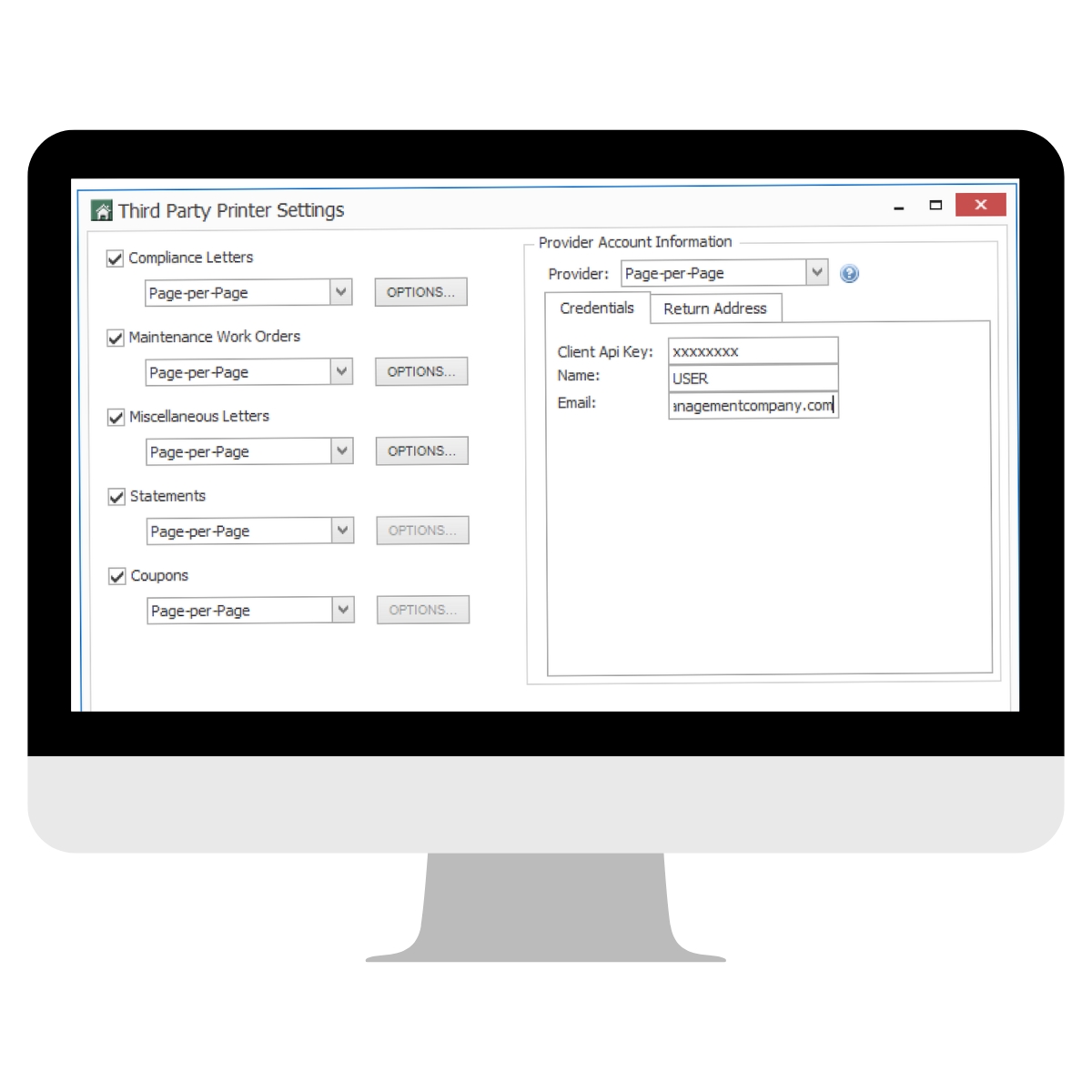HOA meetings are the official way the governing body of the association conducts business. They are vital to any community running efficiently. Here, we’ll tell you everything you need to know about how they work.
General Rules and Procedures
HOAs are regulated by the state and must also adhere to any state rulings. Certain states may legislate procedural rules, such as the frequency of meetings, as well as who can be elected to what position within the HOA.
Generally, board meetings will be held at quarterly and yearly intervals and follow a strict agenda, while still remaining open to all members. The rules on who can attend meetings and what is considered official business is also set out in the HOAs governing documents.
Meeting Quorum
Usually, there is an HOA quorum set for any formal decision-making to take place. If not met, any votes conducted during the board meeting will be void. Quorums are customarily set to at least half the community’s members, however this may vary based on the bylaws. The purpose of a quorum is to prevent the board from making any decisions without the majority of homeowners present.
Board Responsibilities During an HOA Meeting
Although the board of directors makes decisions as a single entity, each person fulfills a unique role, which informs their individual responsibilities during the meeting. For instance:
- The president acts as facilitator during an HOA meeting, not making the decisions independently, but instead ensuring all voices are heard and considered. The president is also in charge of meeting agendas and confirming all bases are covered during the assembly.
- The vice president primarily supports the president in his or her responsibilities, and also steps in as mediator when the president is absent. During meetings, the VP must also make sure that order is maintained and is the point-person for queries or issues regarding HOA rules, governing documents, and state laws.
- The HOA secretary is responsible for writing formal meeting minutes, as well as maintaining all association records. Additionally, leading up to the meeting, the secretary will be in charge of writing up and sending meeting notices, neighborhood newsletters, and other necessary HOA information. He or she will also design meeting agendas in collaboration with the President.
- The treasurer is responsible for any concerns or questions that might arise during the meeting regarding finances. He or she may also lead or co-lead meetings when the content is more fiscally focused.
How to Prepare for an HOA Meeting
1. What and When
The first step is to determine what content the board plans to cover during the meeting. This will primarily be determined by the type of meeting (explored in depth below), however the date of the meeting may depend on multiple factors. Annual meeting dates will be outlined in HOA bylaws and/or CC&Rs, for example, sometime within the first week of the new fiscal year. They may also be set on a specific date, like on the first Sunday of each fiscal year.
2. Create an Agenda
The agenda must be created in advance, distributed to all residents, and closely kept to. The president and secretary are typically in charge of developing the agenda in tandem.
Points included in an annual meeting agenda might be:
- Upcoming elections
- Presentations by committee members on specific topics
- Approval of the budget
- Neighborhood events
3. Send Announcements
Once created, a meeting announcement should be sent out to all HOA members with the agenda for that meeting attached. To streamline this process, consider enlisting the help of a print and mailing company, like Page Per Page. With Page Per Page, the task couldn’t be any simpler—they’ll help you design and send out customized mailings of any kind, so that with just a few clicks of a button, you can ensure everyone in your community is informed.
Types of Meetings
The type of meeting being held can determine who needs to be present and the frequency with which it must take place. Here are a few to consider:
- Board Meeting: Board meetings tend to be set on a monthly, quarterly, and yearly basis. They are usually open to all members and follow an agenda, with a member of the board, typically the secretary, taking on the responsibility of keeping minutes.
- Annual Meeting: As suggested by the name, these take place on a yearly basis and act as opportunities for members to get to know more about the HOA, contribute to budget planning, as well as elect new board members.
- Executive Session: These are a more exclusive meeting–open only to board members. Sessions consist of critical and sensitive decision-making with votes being held on important issues.
- Committee Meeting: HOA committees can be set up by a HOA board to tackle a specific issue, for example, a welcoming committee may be enlisted to welcome new homeowners to the community with information and warm greetings. Committees are usually found in larger HOA’s and each one will have its own rules set up in the governing documents.
- Emergency/Special Meeting: These meetings are usually called by a board member to discuss serious issues that arise within the HOA, though there are exceptions to this, with some states allowing any HOA member to call a special meeting. Emergency meetings are usually very rare, and unlike other meetings, do not require any notice to be given to HOA members prior to them being held.
Streamline HOA Meetings With Page Per Page
With lots of moving parts, it can be difficult to guarantee that all the gears are turning in sync. From setting procedural standards and frequency of the meetings in the governing documents, to creating an agenda and making sure announcements reach your homeowners, the secret to any efficiently run HOA is reliable, consistent communication. That’s why you should consider partnering with professionals with years of experience doing just that.
Page Per Page is a print and mailing company that caters to the HOA industry. They quickly print and mail important notices, flyers, reminders, and newsletters that are expertly designed to ensure they’re not only being delivered but being read.
Ensure flawless communication regarding your HOA meetings and beyond with Page Per Page.





